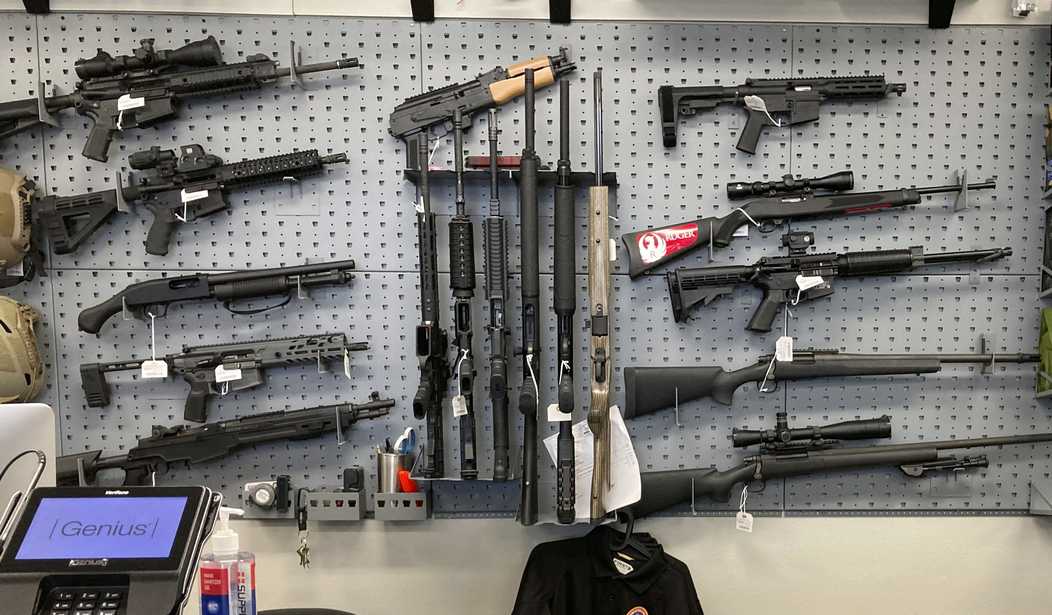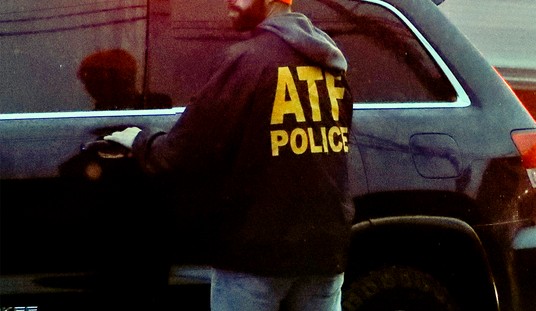Unlike last weekend and most of this week, gun stores across Illinois will probably be a little less crowded today after a Seventh Circuit Court of Appeals judge stayed a district court’s injunction that had halted enforcement of the “assault weapon” and “large capacity” magazine ban signed into law by Gov. J.B. Pritzker back in January.
While Judge Frank Easterbrook granted the request for an emergency stay by Illinois Attorney General Kwame Raoul, he also gave the plaintiffs in the case the opportunity to respond with another round of briefs by next Tuesday; a day after Raoul is due to submit his own brief to the U.S. Supreme Court in response to a request to halt a similar ban enacted by the city of Naperville, Illinois.
Confused yet? It’s understandable given the number of related cases that are making their way through the court system. There are four lawsuits challenging the statewide ban that have been consolidated and are being heard by U.S. District Judge Stephen McGlynn, who granted the injunction last week. Then there’s Bevis v. Naperville, which deals primarily with the city’s ban on the sale of “assault weapons” and “large capacity” magazines but also includes a challenge to the state law. Additionally there are also a number of state-level challenges to the new ban, which will be heard by the Illinois Supreme Court later this month.
There’s a chance that the U.S. Supreme Court will have granted emergency relief to Illinois gun owners by the time the state Supreme Court has the opportunity to weigh in, though the Court declined to intervene at such an early stage when it came to blocking New York’s post-Bruen concealed carry restrictions. In its request to SCOTUS, attorneys for the National Association of Gun Rights argue that lower courts are still abusing and ignoring the Court’s opinion in Bruen, and it’s now time for the justices to step in and set things right.
In Bruen, the Court observed that if the last 10 years of Second Amendment litigation have taught it anything, it is that the inferior federal courts too often defer to legislative burdens on Second Amendment rights. This Court intended Bruen to be a course correction and a reminder to the lower courts that the Second Amendment is not a second-class right.
Unfortunately, if the 10 months of Second Amendment litigation since Bruen have taught us anything, it is that many of the lower courts did not get the message. This action is a case in point. In the teeth of this Court’s precedents, the district court refused to address the evidence that the arms banned by the challenged laws are held by millions of law-abiding citizens for lawful purposes. The district court did not dispute the evidence; it simply ignored it.
The district court also refused to address the Heller/Bruen rule that a categorical ban of commonly held arms is unconstitutional. As with the evidence, the court did not dispute the existence of the rule; it ignored it. Thus, the district court erred when it failed to apply the Heller/Bruen framework to Plaintiffs’ Second Amendment challenge.
Instead of following Heller and Bruen, the district court went off the rails and invented out of whole cloth the “particularly dangerous weapon” doctrine. Under the district court’s new doctrine, weapons that a court judges to be “particularly dangerous” are unprotected by the Second Amendment. And since the semi-automatic rifles and magazines banned by Respondents are, in the district court’s judgment, particularly dangerous, Plaintiffs have no right to possess them. But the banned semi-automatic rifles are the second-most popular firearm in the United States, behind only semi-automatic handguns, which Heller held are protected by the Second Amendment. If the district court is correct and the second most popular firearm is not protected by the Second Amendment, this means that Heller is a one-off decision cabined to its facts.
I’m still not confident that SCOTUS is going to intervene at such an early stage of the litigation, though I’m definitely rooting for Justice Barrett to grant the injunction requested by the plaintiffs in Bevis, or at the very least refer the case to the full Court for consideration. We’ve already seen a number of other lower courts latch on to the absurd argument that modern sporting rifles aren’t protected by the Second Amendment because they’re “unusually dangerous”, and until SCOTUS disabuses them of that notion these infringements will continue to take place. It may be an extraordinary step for SCOTUS to step in at this point in the litigation, but given the extraordinarily bad law in question, I’d say its not only appropriate but necessary for the Supreme Court to intervene and grant an injunction while the lawsuits continue.









Join the conversation as a VIP Member